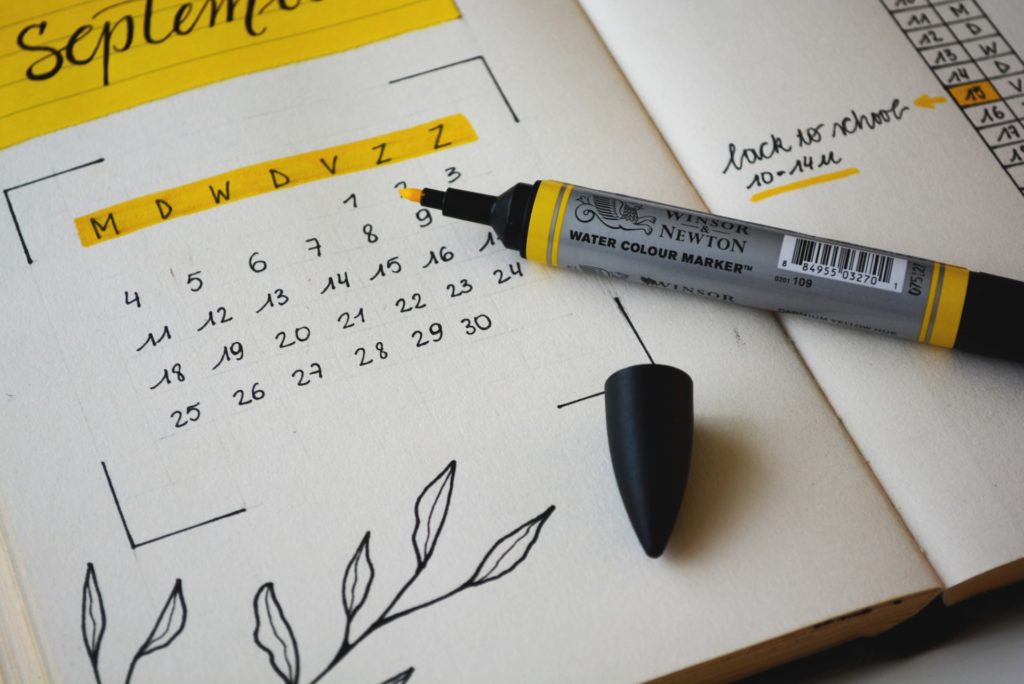
We are a reader-supported education publication. When you buy through links on our site, we may earn an affiliate commission to help us keep providing content.
You have a test tomorrow — did you master the topic days ago? Or will you cram as much information as possible in the hour before class starts? In contrast to reactive learning, in which you only learn things when you have to, proactive learning means taking the initiative and learning on your own. Here’s how to be a proactive learner.
Defining “Proactive”
At least 50% of students believe procrastination impacts their well-being and academic performance. What are the other 50% doing? They’re taking charge.
Being a proactive learner involves controlling your education. Rather than just reacting to the assignments your professor gives you, you genuinely want to be successful and seek out new knowledge on your own to prepare for the future. Proactive people get things done without being asked.
To give another example, a proactive approach to eating would be to prepare several healthy meals in advance, store them in the freezer, and create a schedule for eating them. It sets you up for future success because even if you want junk food later, you know you have a meal plan to stick to.
A reactive approach would be to snack on whatever you feel like when you start getting hungry. Although you might have the self-control to eat carrots instead of chips, it’s harder to resist that temptation when you haven’t prepared yourself to eat healthily.
So, how can you apply this mindset at school?
How to Be a Proactive Learner
Being a proactive learner starts even before the semester is underway when you buy textbooks, look up the subjects you’ll be learning, and reach out to the professor. Here are some other ways to be a proactive learner at school:
- Attend Class Regularly
It goes without saying, but you’re more likely to succeed if you show up for your lectures. Listen closely and take notes throughout class.
- Review Your Notes
Once you’ve written down the key takeaways from your readings and lectures, go over them periodically. You may find that rewriting them helps solidify the information in your mind. Research has shown that students tend to be most productive around 1:30 p.m., so consider working an early-afternoon study session into your schedule.
- Keep a Calendar
Write down the dates of any upcoming tests, quizzes and textbook readings. Knowing when you need to learn a certain topic makes it easier to prepare.

- Read the Textbook
Your professor might not cover everything in the book, but reading it will give you a better foundation for understanding the subject matter. It can also reveal any gaps in your knowledge.
- Take Practice Quizzes
Make flashcards with questions and answers on them to help you study. Quiz yourself well before the upcoming test to make sure you’re prepared for it.
- Get Tutoring
Research shows that 66.4% of private school students get tutoring, while only 33.6% of students at public schools do. Even if you’re doing well in school, talking to the professor after class or attending study groups is a great way to be a proactive learner. Talking about a subject with other people can give you new perspectives on the topic or even raise questions you didn’t know you had.

- Use Outside Resources
Is that chapter on cellular mitosis so dry that you can hardly read it? Why not supplement your learning by watching videos about the topic? Several great resources, like Khan Academy and TED Talks, feature videos and online tutorials to walk you through virtually any subject.
Making the Most of Your Education
Being a proactive learner at school is a valuable skill, and it will continue to help you even after you graduate. By taking notes, keeping up with your schedule, and paying attention to the material, you’ll give yourself the best chance at success in whatever subject you want to tackle.









